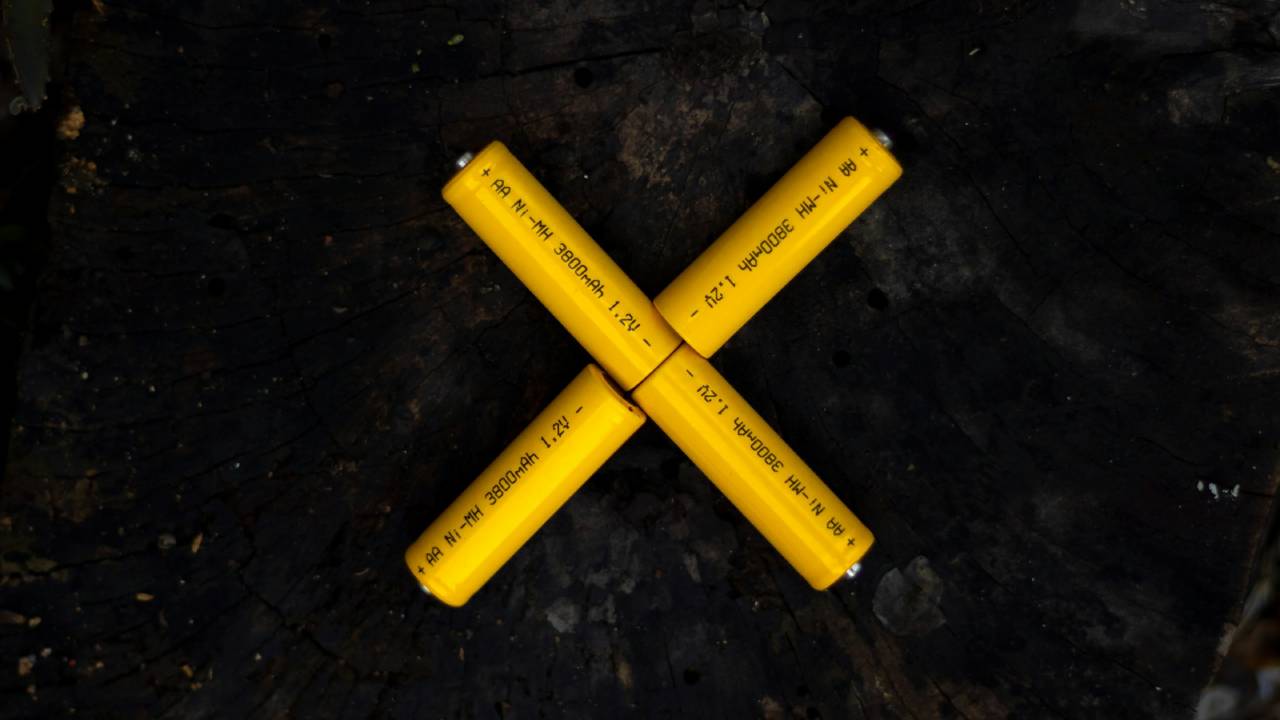Mining: The Hidden Cost

AUG 08,2024
We live in an era of incredible innovation. Electric vehicles and renewable energy are reshaping our world, powered by lithium-ion batteries. But there's a challenge we need to face head-on: mining.
Mining for lithium, cobalt, nickel, and manganese—the essential components of these batteries—has significant costs. And not just financially, but environmentally and ethically.
Lithium extraction is a prime example. In Chile’s Atacama Desert, 40% of the world’s lithium is produced, using 65% of the region’s water. Extracting one ton of lithium requires 500,000 gallons of water. This leads to severe water shortages, affecting 18,000 indigenous people and local wildlife. The landscape is left scarred, and ecosystems are disrupted.
Cobalt, another key ingredient, is largely mined in the Democratic Republic of Congo, which supplies 70% of the global market. Over 100,000 miners work in hazardous conditions, and shockingly, 40,000 of them are children. Artisanal mining, which accounts for 20% of the cobalt supply, involves hand-dug tunnels that frequently collapse, causing injuries and fatalities.
Nickel and manganese mining also come with hefty environmental costs. In Indonesia, nickel mining has destroyed 58,000 hectares of rainforest. The process contaminates soil and water with toxic runoff, posing serious health risks to local communities. Globally, nickel production is responsible for 5% of CO2 emissions, undermining efforts to combat climate change.
These figures highlight the hidden costs of our dependence on lithium-ion batteries. We can’t ignore these issues. We must act.
At JACTO, we’re committed to change. Our focus is on recycling. We aim to recover up to 95% of valuable materials from used batteries, reducing our reliance on mining. This isn’t just about sustainability; it’s about responsibility.
Recycling isn’t enough. We need stricter regulations and better enforcement in mining practices worldwide. Transparency in supply chains and fair labor practices are crucial. Governments, industries, and NGOs must collaborate to create ethical sourcing frameworks.
The challenge is immense, but so is our capability for innovation. At JACTO, we’re leading the charge. Through commitment to recycling and sustainable practices, we can transform the lithium-ion battery industry. It’s time to take bold steps for a cleaner, fairer future.
Let’s make it happen.
Reference by:- JACTO
More Relevant

JACTO
The Shadow Economy of Lithium-Ion Battery Scrap
Blogs
The lithium-ion battery industry is exploding. EVs, renewable energy, and consumer electronics are fueling an unprecedented demand. But beneath this rapid expansion lies a hidden truth—a thriving black market that few talk about, yet everyone in the industry knows exists.
read more
JACTO
How AI-Driven Battery Scrap Scanning Can Revolutionize Lithium-Ion Battery Recycling
Blogs
Lithium-ion batteries power everything from smartphones to electric vehicles. However, with their widespread use comes the challenge of efficiently recycling them to recover valuable materials like lithium, cobalt, and nickel.
read more
JACTO
Currents of lagging Manufacturing.
Blogs
In today's tech-driven world, lithium-ion batteries are crucial for powering our devices and advancing sustainable energy solutions
read more
JACTO
Mining: The Hidden Cost
Blogs
We live in an era of incredible innovation. Electric vehicles and renewable energy are reshaping our world, powered by lithium-ion batteries. But there's a challenge we need to face head-on: mining.
read more
JACTO
Cobalt powered World : Volatility and Supply Concentration
Blogs
The cobalt market faces substantial threats due to its high concentration in production and refining, particularly in politically unstable regions and major refining hubs, which also impacts its monetary values.
read more
JACTO
Why India Needs a Lithium-Ion Battery Recycling Industrial Union?
Blogs
The rise of electric vehicles (EVs), renewable energy storage, and portable electronics has fueled a surge in lithium-ion battery (LIB) usage in India. This growing demand brings with it a parallel challenge: managing the massive volumes of spent batteries.
read more
